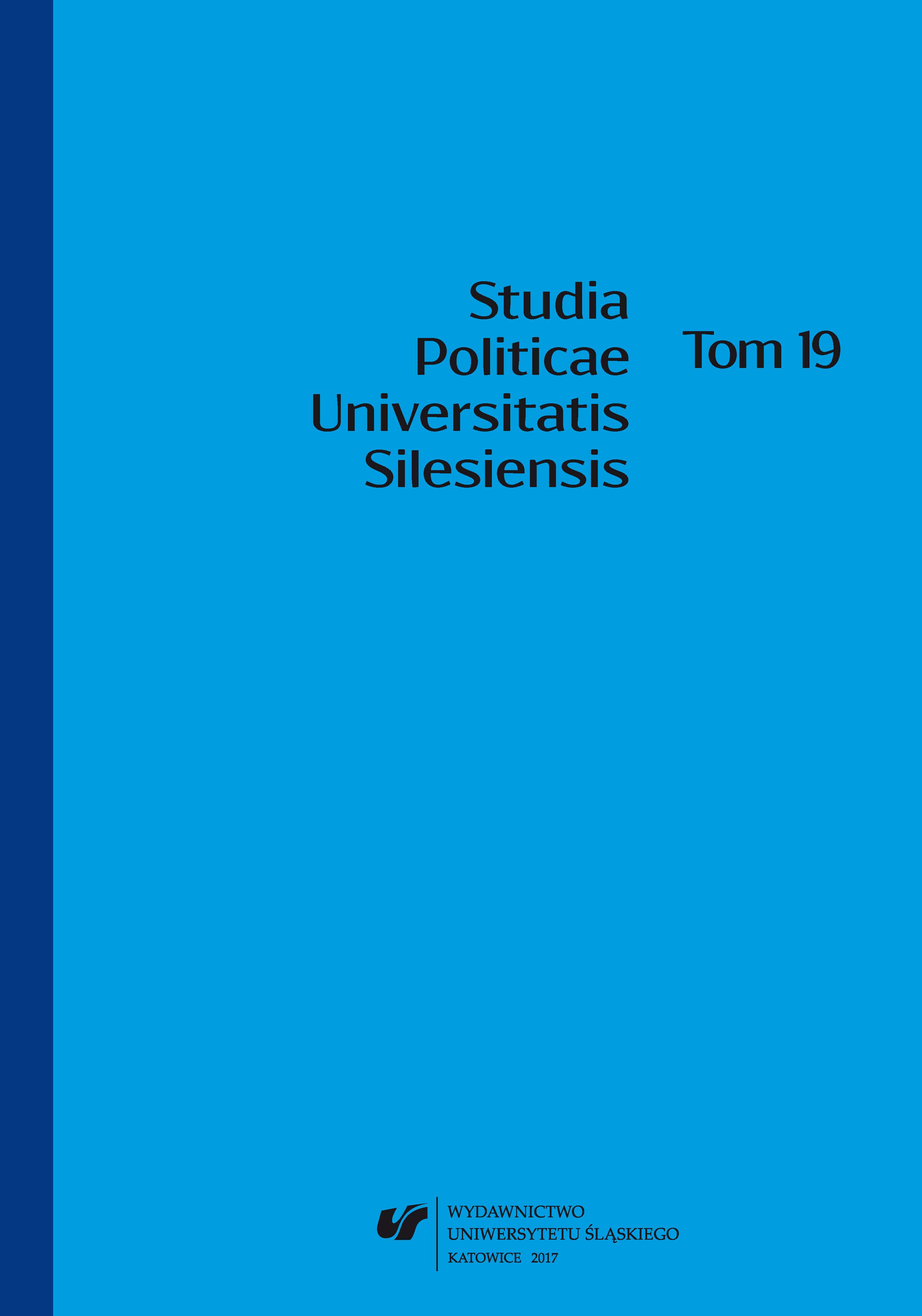
Między teorią a praktyką — Podejście fronetyczne we współczesnej politologii
The disconnect between scientific knowledge and real‑life issues, especially in social sciences, encourages one to reflect on the question of purposefulness of research and scientific investigation. Both “pure” academicism and abstract thinking, as well as narrow pragmatism oriented towards technical ways of gaining and exercising power, adversely affect the endeavour to unveil the truth. In both of the aforesaid scenarios the major ramification is detachment from real social issues, being uninterested in actual workings of democracy and basic ideals associated with it, such as: freedom, equality, and justice. The dominance of theory‑driven or method‑driven research over problem‑ driven research causes that scientific social research is too detached from the real world.
More...
